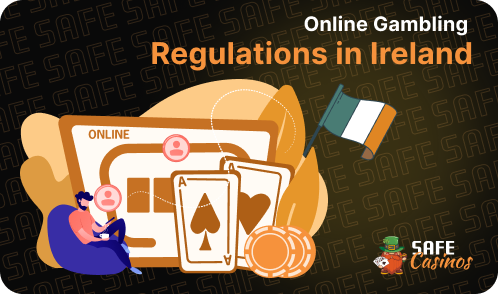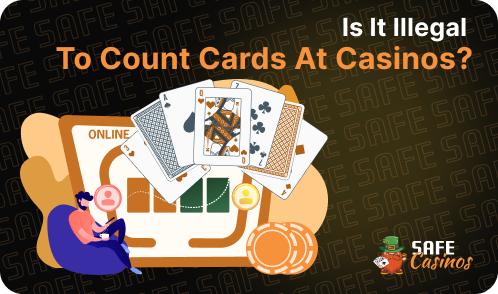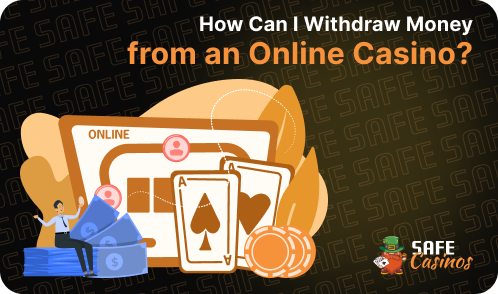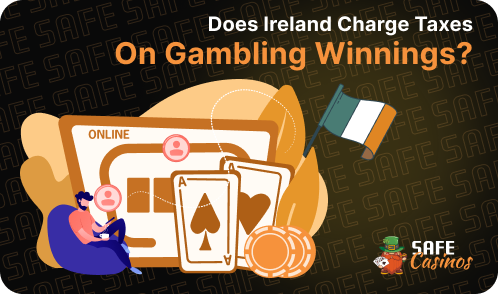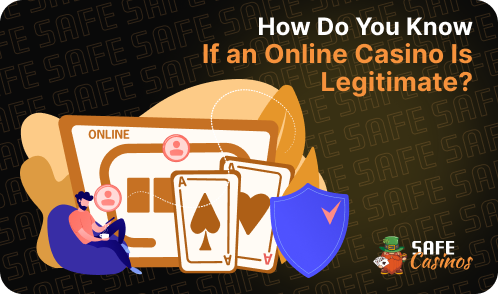Ireland has a long history of gambling that dates back centuries. Today, the Irish gambling market is vibrant, and sometimes it’s not easy to understand the current regulations. Moreover, it’s hard to predict how this market will change and be regulated in the future. Let me explain to you the current status and potential future developments in this area.
A Brief Journey Through History
Gambling has been a tradition in Irish culture for ages. Our ancestors, especially, enjoyed horse racing and betting on it. This is mainly because Ireland has many stud farms.
At that time there was little gambling regulation. This lack of oversight allowed gambling to go unchecked by authorities. After gaining independence in 1922, the new government of Ireland began to consider stricter regulation of gambling.
Despite attempts to regulate, underground casinos continued to flourish until additional laws were enacted in 1956. Interestingly, new legislation allowed individuals as young as 16 to gamble at fun fairs and amusement parks.
Key legislation, the Betting Act of 1931 and the Horse and Greyhound Racing Act of 2001 regulated sports betting and pari-mutuel wagering, ensuring fairness and integrity in these activities. The National Lottery Act of 1986 created rules for how the lottery could work and be regulated.
Nowadays
From sports betting to poker, and horse racing to lotteries, Ireland offers a variety of gambling options. The country’s gambling market is estimated to be worth more than €1 billion. To adapt to changing times, Ireland updated its laws, passing legislation in 2013 and revising it in 2015 to regulate both online and land-based gambling.
According to new Irish gambling laws, individuals under 18 cannot place bets or buy lottery tickets. They are also prohibited from entering casinos or betting establishments. Gaming establishments that allow minors to enter risk facing legal charges.
The Revenue Commissioner oversees gambling in Ireland and issues licenses to various operators. These licenses come with strict requirements and fees. Ireland also enforces anti-money laundering laws. Department of Justice and Equality (DOJE) grants the necessary certificates and permits for organizing bookmakers across all sectors. Office of the Regulator of the National Lottery (ORNL) is responsible for supervising and regulating the operations of the Irish National Lottery, managing the National Lottery Fund, and approving new draws. Advertising Standards Authority (ASAI) administers advertising standards and imposes fines on betting companies for violations.
One important problem is that players aren’t shielded from possible conflicts with bookmakers, like challenges in withdrawing winnings. In such cases, players must turn to civil courts. Likewise, if a dispute arises with an online casino, players must reach out to the licensee who issued the casino permit. Also, despite robust regulation, challenges such as problem gambling and unlicensed operators remain in Ireland.
Advertising Regulations
According to current advertising laws, gambling commercials are allowed. But they must strike a balance between promoting gambling entertainment and preventing potential harms associated with excessive gambling. Gambling ads must promote responsible gambling and offer help for people with addiction. They must not suggest that gambling can solve financial problems. They should also not make unrealistic promises of high returns. Gambling advertisements must also not be placed in media channels where a significant portion of the audience is underage. There have been discussions about banning gambling advertisements related to sports betting, but no concrete decision has been made yet. The Advertising Standards Authority of Ireland (ASAI) have the authority to impose fines on gambling companies that violate advertising regulations.
Problem Gambling
Problem gambling is a significant concern in Ireland, as it is in many countries with a well-established gambling industry. In Ireland, there are laws and regulations in place to address problem gambling and protect vulnerable individuals. Gambling operators are required to implement responsible gambling measures, such as setting deposit limits, providing access to gambling support services, and displaying responsible gambling messages in their advertisements. Many online casinos offer self-exclusion programs that allow individuals to voluntarily exclude themselves from gambling for a long period. Various organizations assist individuals struggling with gambling addiction. They run awareness campaigns to educate the public about the risks of gambling and the available support services.
Unlicensed Online Casinos
In Ireland, there are also unlicensed gambling operators who offer their services without obtaining the necessary licenses from the appropriate regulatory authorities. They often lack player protection, fair play guarantees, and adherence to responsible gambling standards.
Offering gambling services without a license is against the law in Ireland, and unlicensed operators can face fines or criminal charges. Players who use unlicensed operators may not have legal protection if they encounter problems.
To combat unlicensed gambling operators, the Irish government and regulatory authorities have implemented various measures. For example, the Revenue Commissioners identify and shut down unlicensed gambling operations. The government runs public awareness campaigns to educate consumers about the risks of gambling with unlicensed operators. Ireland also collaborates with international law enforcement agencies and regulatory bodies to combat cross-border illegal gambling operations.
Despite all these efforts, many Irish continue to gamble and bet in online casinos without a license.
The Future of Gambling in Ireland
Online gambling regulations in Ireland are still evolving, with the government working to update the country’s laws. This could bring about substantial changes. Steps are being taken to address fraudulent platforms and scams, similar to those in other countries. For sure, the future of gambling in Ireland will be influenced by technology and shifting attitudes. The rise of mobile gambling and virtual reality experiences will require regulators to adjust accordingly. One thing is for sure: Irish players will not be bored in the online casinos of the future.
